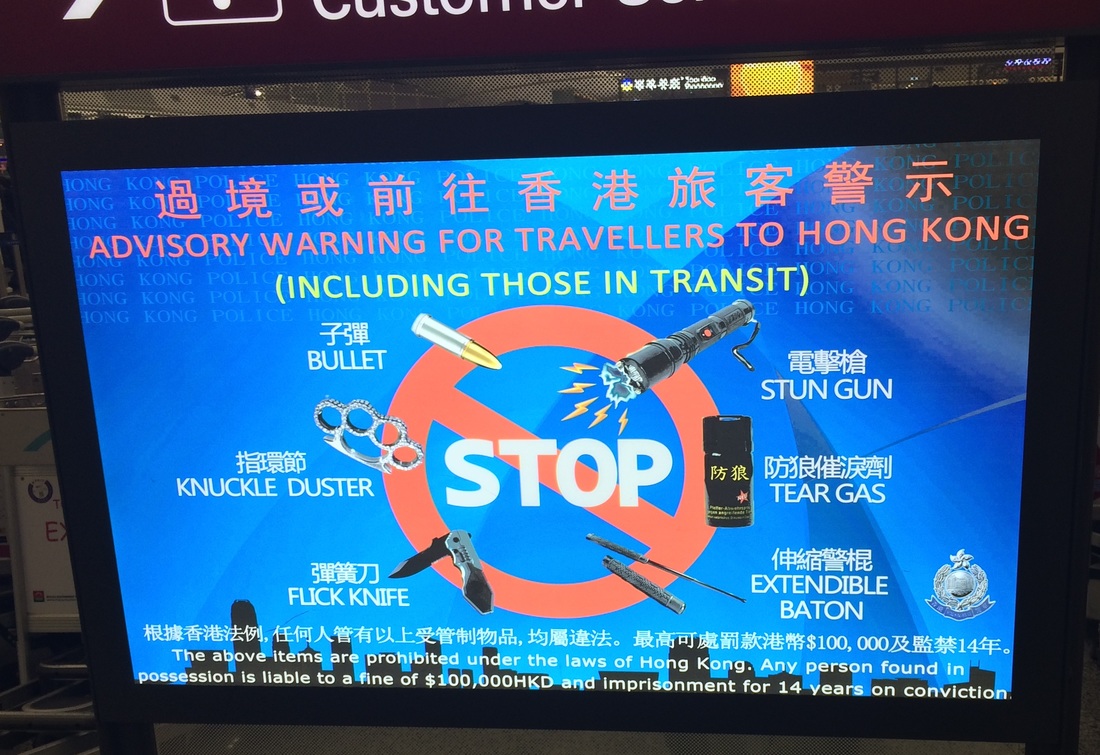|
If we think people may be unclear about what an object is for, or who are its intended users, we can tell them with a sign like this: This clarifies for us the intended users. The expression ‘designed for…’ (or ‘designed to…’) is also used to clarify details of the intended use of a product, as in this example:
Recently, I came across two interesting uses of this expression ‘in Hong Kong, as follows....
0 Comments
Following on from my last post about English names, this week I want to remind readers of some of the basic differences between English and Chinese names, differences that affect the way you begin emails or letters.
Much of the contents of this Cygnet blog are about helping Hong Kong English users understand normal or standard English usage better, and use it in their own writing or speaking. But what about English names? Many (perhaps most) Hong Kong people who use English have an 'English name' in addition to their Chinese one. Are there any rules about choosing an English name? Are there names that are acceptable or unacceptable? Does it really matter what you call yourself?
Which of the following location statements is correct: the old Police Station at Hollywood Road, the old Police Station on Hollywood Road, or the old Police Station in Hollywood Road? If you're uncertain -- or haven't got a clue -- click on 'Read More' for today's blog post!
I have looked at this topic before in the Cygnet blog (http://www.cygnet.com.hk/blog/how-to-say-no), but it's worthwhile refreshing our thinking about this -- one of the most common examples of 'Hong Kong English' to be found around Hong Kong.
This picture was recently sent to me, with some comments about the oddness of the English structure of the message. It certainly reads rather strangely, but what exactly is the problem?
I spotted this sign the other day along Des Voeux Road West, announcing a new property development going up on the site. It looks like the developer asked a PR agency to develop a catchy name and slogan that would suggest a sense of classiness and prestige. Unfortunately, the PR agency's attempts have failed completely! But why?
Last week (8 June), the South China Morning Post published two articles about the use of English in government: "Official use of English being 'neglected' by Hong Kong government” and “The Hong Kong Government’s Language Barrier”. Each of them raised the question of whether government officials are deliberately ignoring or sidelining English, thus contributing to steadily declining English standards in the government.
Cygnet has been providing English editing, copywriting and training services to various government departments for many years. Based on our experience, I think it is certainly the case that many government figures — and departments — are failing to lead by example. But while some commentators are quick to give this a political slant, we should not forget that maintaining a high level of proficiency in English among non-native speakers is not easy. In my view, a significant part of the problem is the fact that the government does not have any consistent formal support framework for sustaining the use of confident, accurate English across the Civil Service. Recently, after I had edited a document for a client, the client got back to me to tell me that they had decided to replace all uses of the word choose in the document with the word select. I didn’t ask for the reason, but I suspect there was a feeling that select is slightly more formal and business-like than choose.
But wait a minute — are choose and select really equivalent? Today’s blog post is about a curious feature of Hong Kong English — “know more” — that is increasingly commonly used to encourage you to click on a hyperlink. You can see it in the first image above performing this job. By contrast, in the second image it is part of the title of a food safety campaign.
|
About this blogThis blog arises from keeping an eye on English in Hong Kong. I often use signs, notices and advertisements that I see as starting points to write about English issues that commonly challenge Hong Kong writers. Archives
October 2017
Categories
All
|










 RSS Feed
RSS Feed